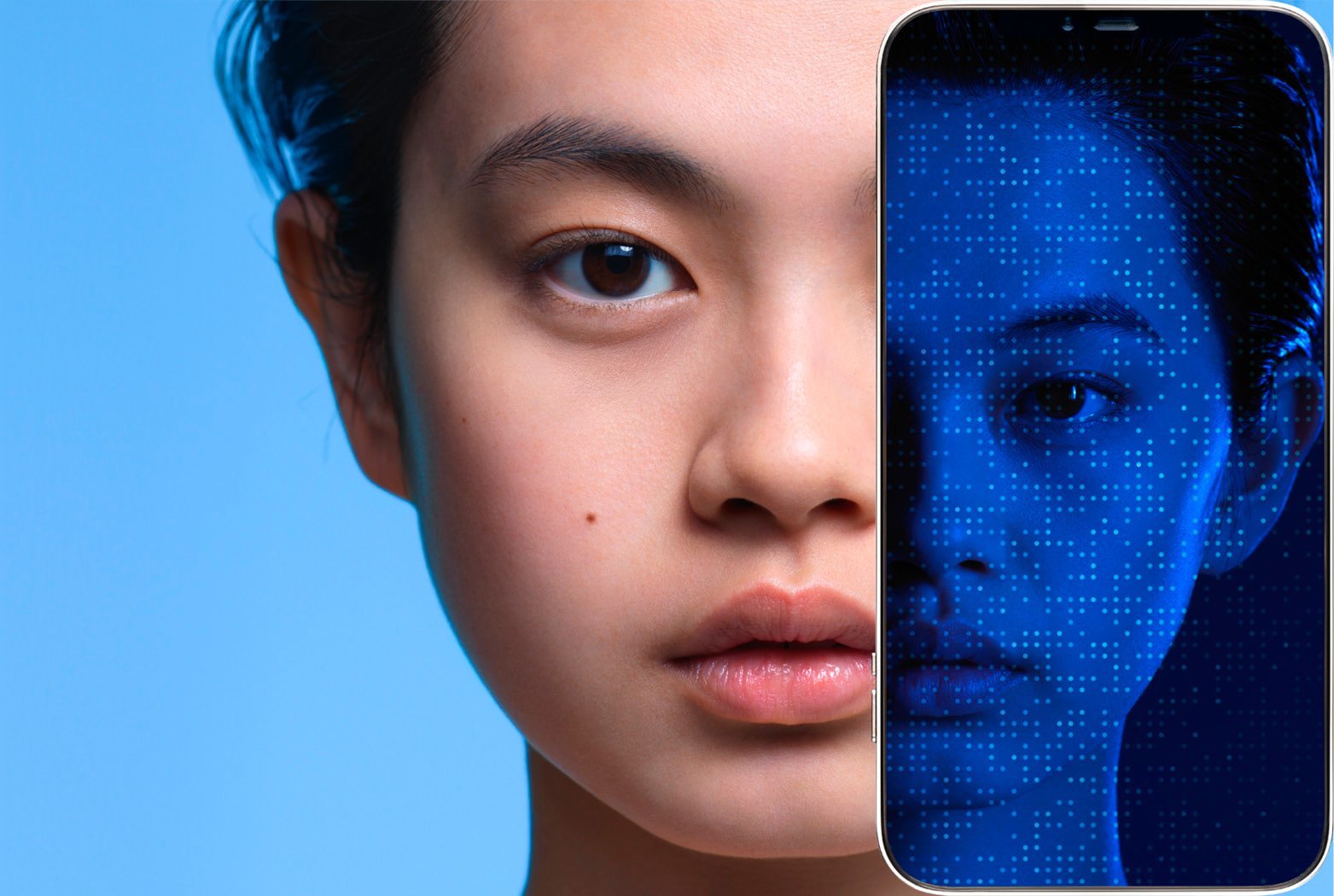HOW TO
AVOID SKIN ALLERGIES
If red, itchy rashes are a regular annoyance for you, the key to finding relief is to discover the culprit allergens, and banish them from your daily life. To achieve this, it is often helpful to keep a diary of when and where flare-ups occur. In more severe cases, an allergist consultation may also be in order to pinpoint your triggers.
In this section, you’ll discover a comprehensive list of the “usual suspects” to be ruled out when investigating any new case of allergy. You will also find top tips on how to avoid allergic skin reactions, covering everything from how to choose your cosmetics to how to launder your clothes. In a dedicated article, you will also learn how to remedy bad beauty habits that can trigger skin allergic reactions, plus discover how the wrong “5 a day” could be making your allergies worse (and which choices are safer!).






